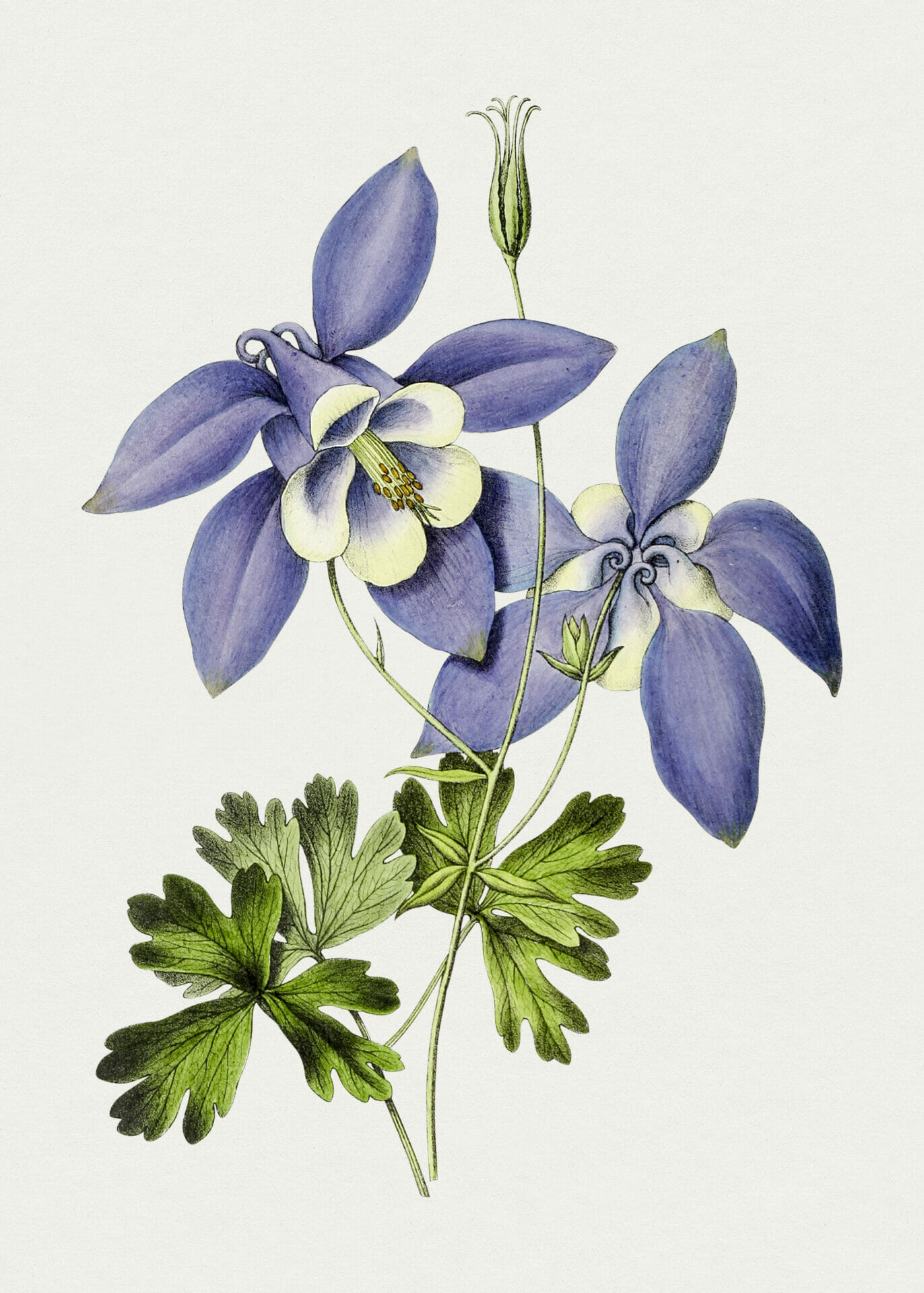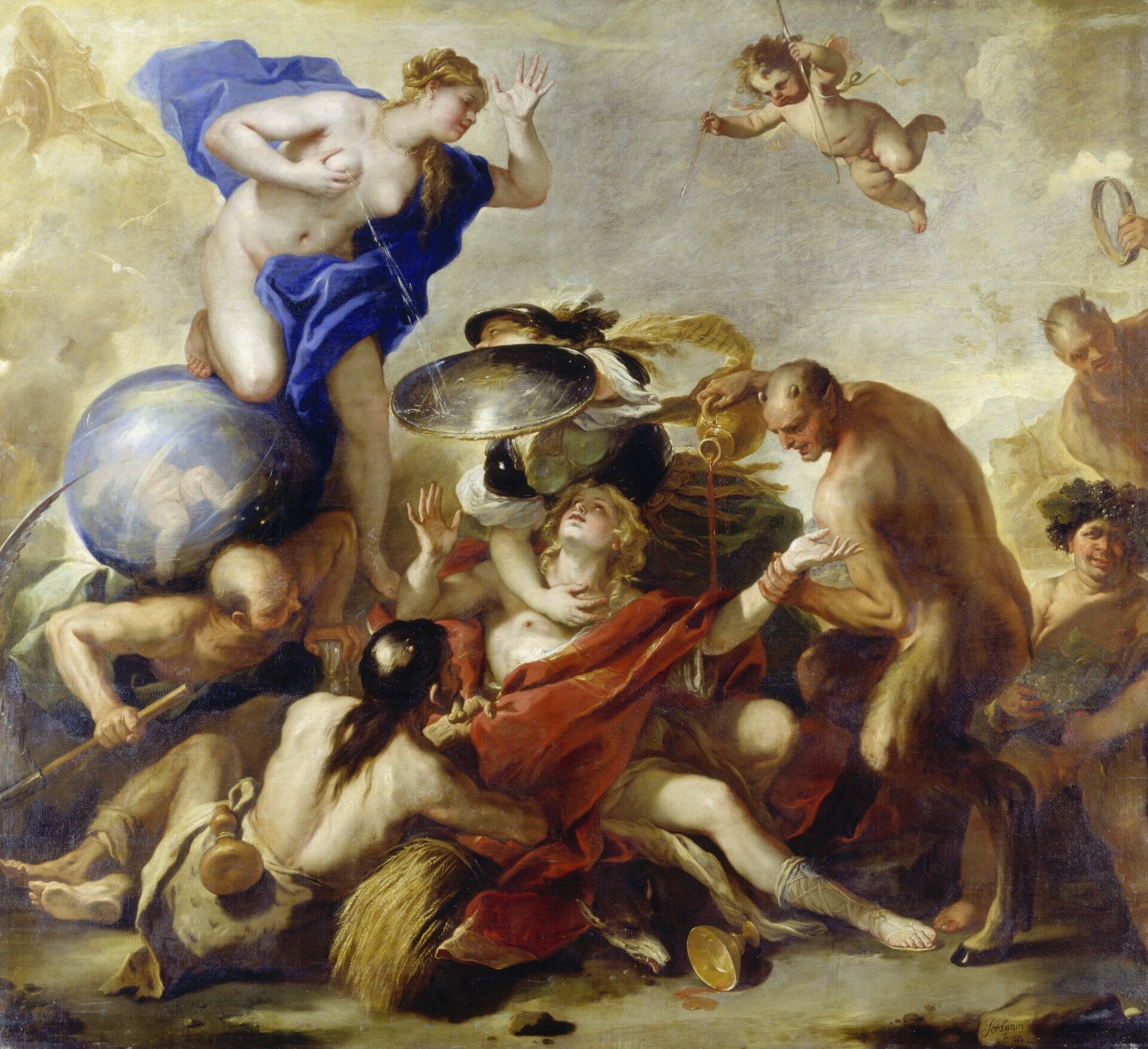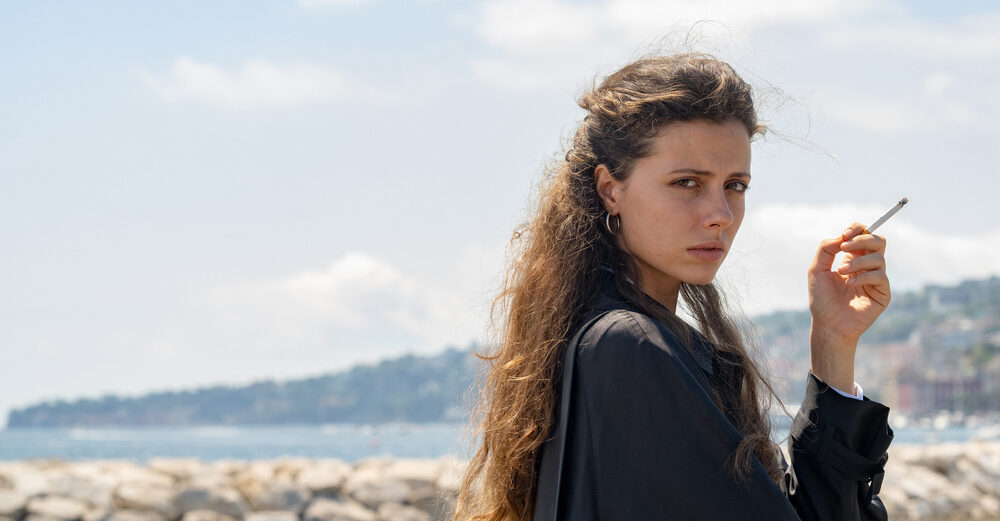
“In the film’s first part, a young Parthenope coincides with Naples. In the second part, the more disenchanted and disillusioned she is, the more she turns into a critical gaze on the city. Parthenope is a free woman, very spontaneous, she does not judge as the city doesn’t. She’s the mirror of the city where I grew up.” Paolo Sorrentino, writer and director of Parthenope, whose new movie is competing at the 77th Cannes Film Festival, was born in Naples, although he now lives in Rome. After The Hand of God (2021) Parthenope is, therefore, a new tribute to his hometown.
“The character is named after the city. Parthenope is the ancient name of Naples.”
Anyone born in a large historic city has never seen it in a crystalline light. When people are young, they are used to what is around them and do not appreciate the beauty of the places they visit every day. It was like this for Sorrentino, too. Now that the director is more adult, he explains how he is trying to improve his personal relationship with the city that raised him, a free city that judges no one, just like Parthenope.
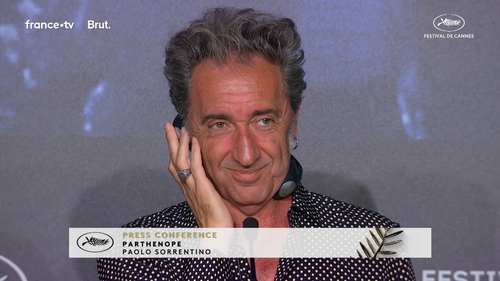
The disillusion of experience
“It’s Celeste’s first big role. She’s a young actress whose life will change after this film, and there is an innocence and a purity that will be lost forever just by the fact that she is in this film and here exposed to all of you.” This is what Gary Oldman says, referring to the young actress who plays the younger version of Parthenope, Celeste Dalla Porta. At a certain point in the movie the same character played by Oldman, John Cheever, says to the girl: “I don’t want to take any minute from your youth”.
Celeste also feels like this, as if some of her youth has passed away. “That sentence coincides with a specific moment of my life that I experienced during the shoot – she explains – Before making the film, I was still very carefree and the idea of working was a dream. Becoming an actress was a very abstract ambition. However, while making this film, it was as if I had to get rid of a sort of younger side of me, the carefree one, and enter the world of grown-ups and focus on what I want to do in life .”
Maybe, then, being young and beautiful is some sort of curse? “No, I don’t think it’s a film on maledictions of beauty,” it is the thought of Paolo Sorrentino, “It’s a woman that is born in a perfect condition to be free. She is born into a free city, in a city that is featured by the lack of judgment, and she has all the favorable conditions to carry on her fight for freedom. We haven’t stopped fighting for freedom nowadays; there’s there are similarities between the fight for freedom back then and today.”
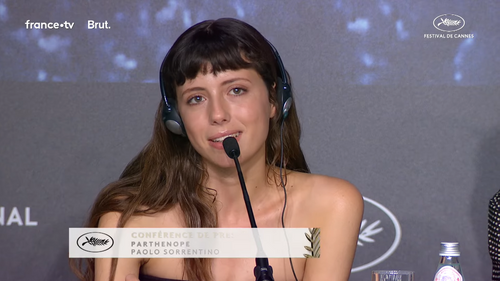
Beauty, Freedom… what else?
When the cinematographer, Daria D’Antonio, is asked about her almost impressionist photography, she talks about a real Trinity, composed of Beauty, Freedom and Mystery.
“Beauty was easy: it was very helpful for us to have Celeste with us; freedom is a constant exchange that I’ve been having with Paolo for many years. The possibility to explore freedom’s roots and mysterious roots to forget what we know to be able to enter new narrations, new journeys. So… yes, Freedom, Mystery and Beauty.”
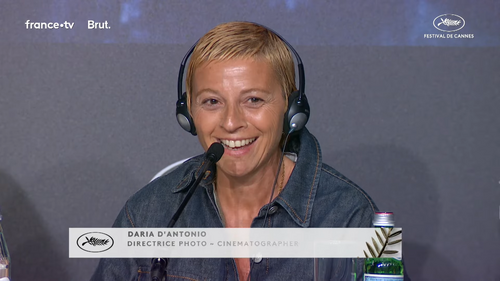
Sorrentino’s perception of trauma
Parthenope’s character rejects her city; she feels like a foreigner just as much as Gary Oldman’s character and the death of her brother undermines that ecstasy of youth and beauty. “Trauma is life – Sorrentino says – It’s a synonym of life. She hasn’t suffered a specific trauma beyond the aspect of the death of the brother, but life is full of traumas.”
Trauma, after all, can help even an actor in their work. This is what Oldman explains when speaking about his experience. “A theme or an element in the movie is age. Well, there’s nothing we can do about it, that’s for sure. I’m the happiest I’ve been, and I’m more comfortable now in my own skin than I was when I was younger. I have a terrific family that was supportive and creative, and there was chaos, drama, and a lot of pain in my life when I was younger. I’ve made it no secret that I used to drink, I’ve just celebrated 27 years of sobriety- [Cheever himself is an alcoholic]. I know what that means, so, coming to this role, there were things that I’ve instinctively understood. And when Paolo said to me, ‘I want you to play this sort of sad, melancholic drunken poet,’ I went, ‘Yeah, I kind of know what that is.’ But we’re all getting old and wiser, hopefully.”
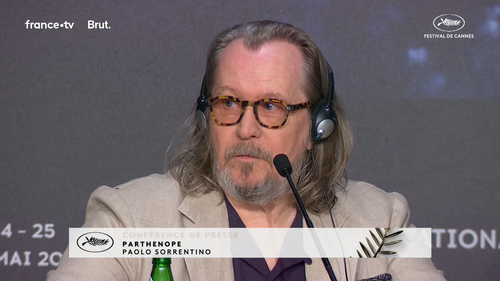
Therefore, even if youth, carefreeness, and physical beauty have faded, everybody can still find something beautiful in themselves and in others. “Parthenope looks beneath the alcoholism and the chaos which is his life – Oldman says – she can see beyond that, she can see a beauty which I think is in all of Paolo’s movies: these beautiful, miraculous people who are flawed, but there’s a soul behind the flaw.”







